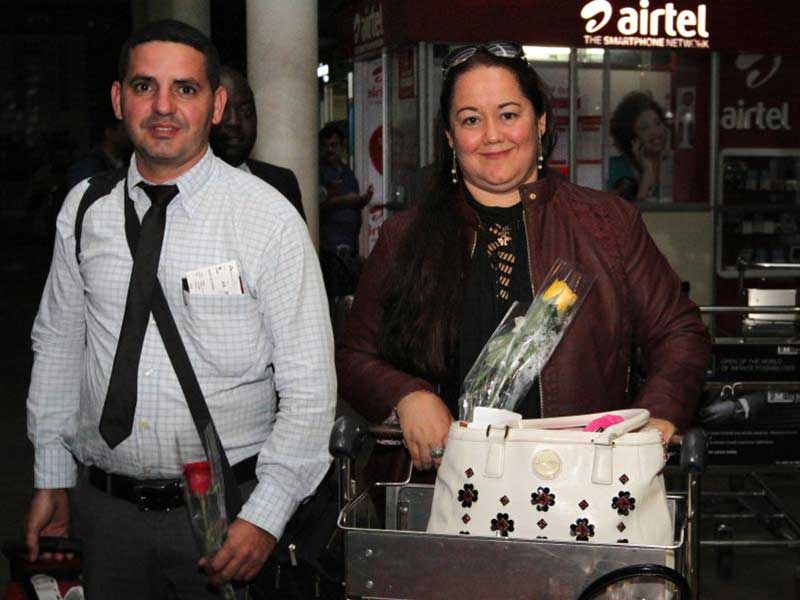×
The Standard e-Paper
Home To Bold Columnists

The majority of governors and health executives have welcomed the 100 Cuban doctors contracted by the Government to work in various hospitals across the country.
Letters of deployment signed by Director of Medical Services Jackson Kioko, show the doctors, who arrived in the country last Tuesday, have been posted to respective hospitals in counties as per discussions and recommendations between the Ministry of Health, Council of Governors and county health executives.